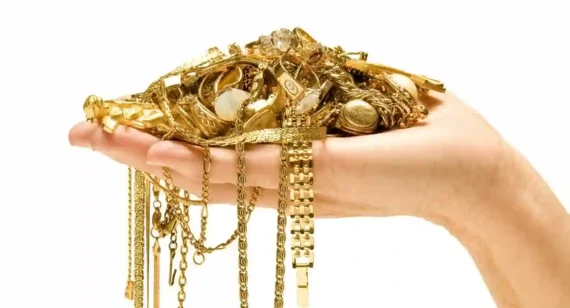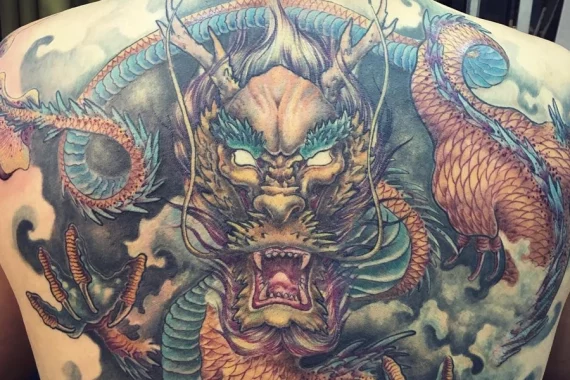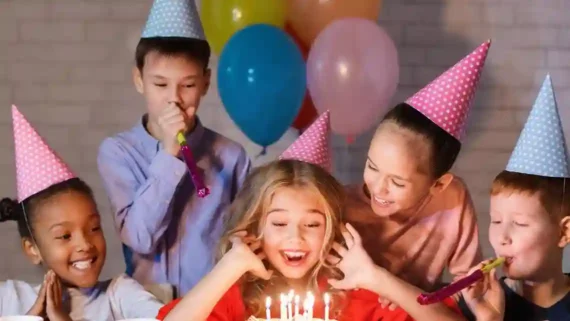You shouldn’t have to do all the work alone when planning your wedding. Ask your fiance and other trusted friends and family to help.
Be sure to take into account any time and date restrictions when looking for a venue. Many venues have to adhere to noise restrictions after a certain hour.
1. The Ceremony
The ceremony is the core of any wedding day. It’s where two people stand in front of their friends and family and recite their vows.
Guests watch on with cheers and blessings, while the officiant pronounces the couple married. Many couples add their own stamp to their ceremony by including rituals, music, and readings. They might also incorporate a unity ceremony or other special touches.
2. The Reception
While the ceremony is the most important aspect of a wedding, the reception is where the fun really begins. From cocktails to dinner to dancing and beyond, there are many ways to make your wedding reception unique and special.
Be sure to communicate your plans for the reception to each vendor early on. This way, they will know exactly what to expect.
3. The Party
After months (and sometimes years!) of planning, it’s time for your wedding day to come to fruition. But that means lots of questions and agreements still need to be made.
Make sure you sit down with anyone who is contributing to the wedding and discuss the budget. Be honest and realistic. It will help you avoid surprises on your big day!
4. The Food
Food and drink make up a large portion of your wedding budget. Try to cut costs by choosing a buffet or BBQ instead of a 4-course meal.
A buffet or BBQ also tends to be cheaper than a plated sit-down dinner. If you want to save even more money, choose a dessert bar rather than the traditional cake. You can even get creative and use a grazing board!
5. The Music
The wedding is the bride’s big day and she can be very nervous. So, it’s important that the groom steps up to help ease her anxiety.
For example, he can offer to choose the bands for her and him (as long as they agree on a style). This will save her a lot of stress.
He can also choose the hymns for the ceremony. This is a very meaningful and beautiful touch for the couple and their guests.
6. The Dress
The dress is one of the most significant purchases a bride will make, and it symbolizes her femininity, beauty, and inner peace. It also represents her choice to marry her prince charming.
Wedding gowns are more expensive than standard formal frocks because of the time-consuming creation, sourcing, and custom fittings that go into their making. They also require more fabric and are embroidered with delicate detail.
7. The Flowers
Many of the flowers used in weddings carry specific symbolism. For example, tulips represent fertility and springtime renewal. Lily of the valley signifies purity and trustworthiness. And hyacinths offer the giver the opportunity to congratulate the receiver on achievements.
It’s important for a groom to know when to have an opinion and when to just let it go. After all, the bride doesn’t want to hear about the vanilla vs. butter cream debate.
8. The Venue
The venue is the starting point for most wedding planning tasks. It dictates how many guests you can invite and what kind of food, flowers and decorations you’ll need.
Daniels says that before you settle on a venue, make sure to ask about things like whether the base price includes setup time. If not, you’ll need to budget for overtime costs.
9. The Bridesmaids
Traditionally, bridesmaids are close friends or relatives of the bride. They are expected to attend bridal showers, bachelorette parties and the rehearsal dinner.
On the wedding day, they must be available to help the bride with any needs, such as running to the bathroom or bustling her dress. They must also help with any other tasks assigned by the Maid of Honor.
10. The Groom
The groom should make sure to be supportive of his bride, and be willing to help with any tasks that may arise. For example, he may be expected to look after the junior bridesmaids and flower girls, or hold the groom’s ring when it is time for the ring bearer to wear it.
The groom should also consider getting wedding insurance to protect any deposits or non-refundable payments that are made for the wedding. This will ease any financial concerns the couple might have about their big day.




